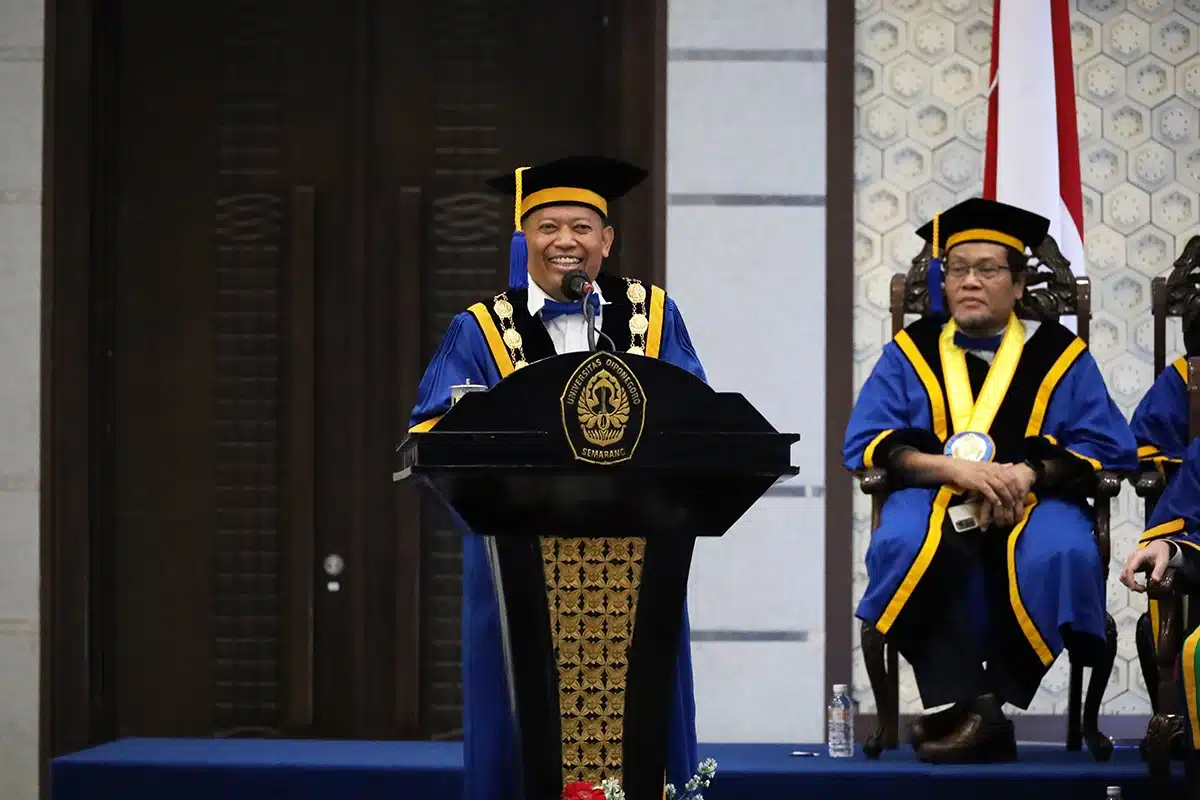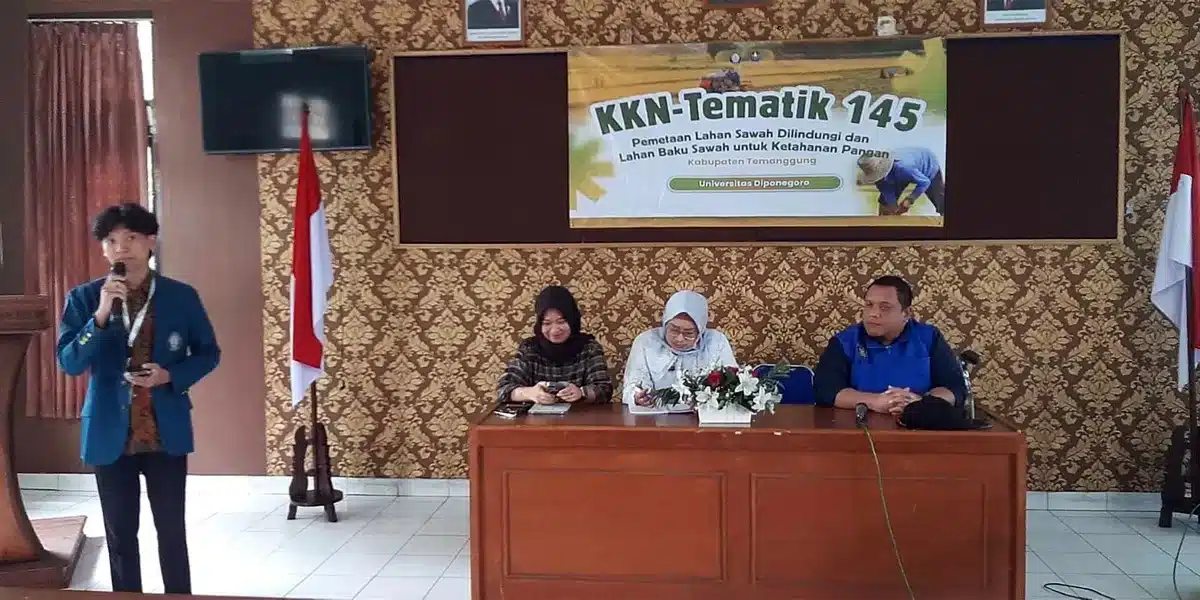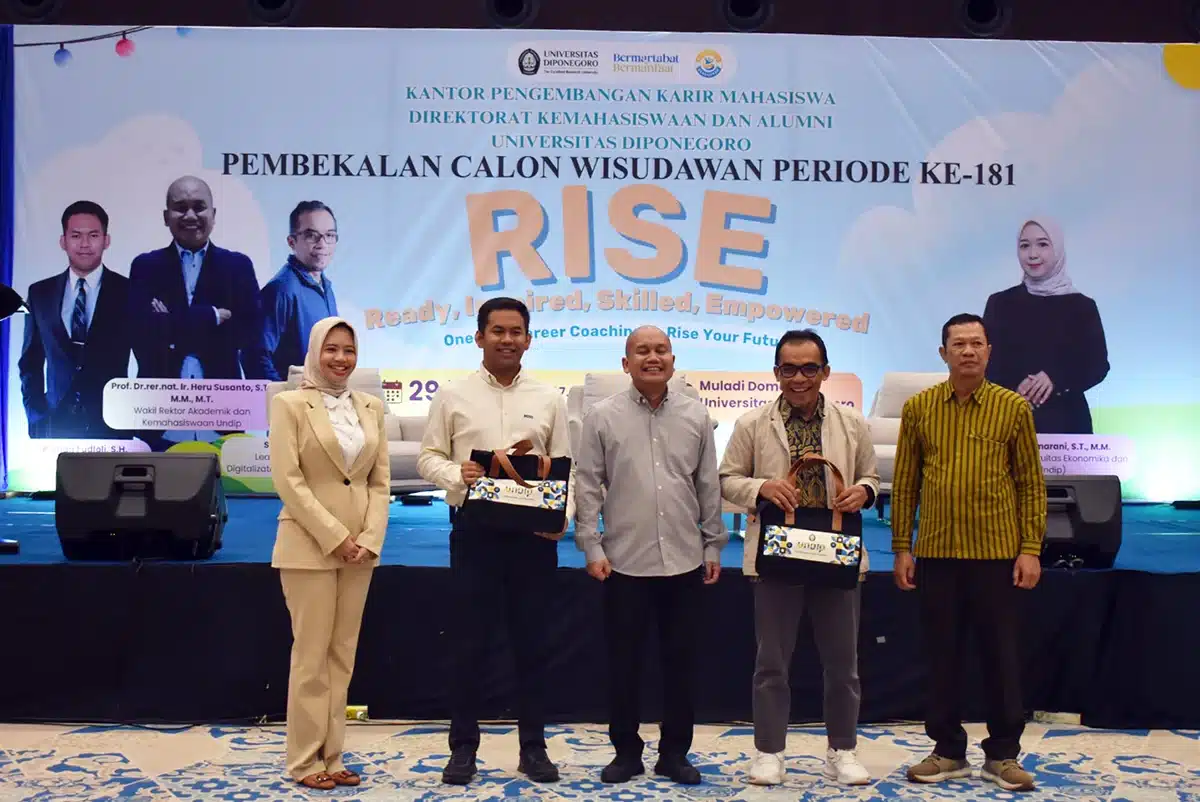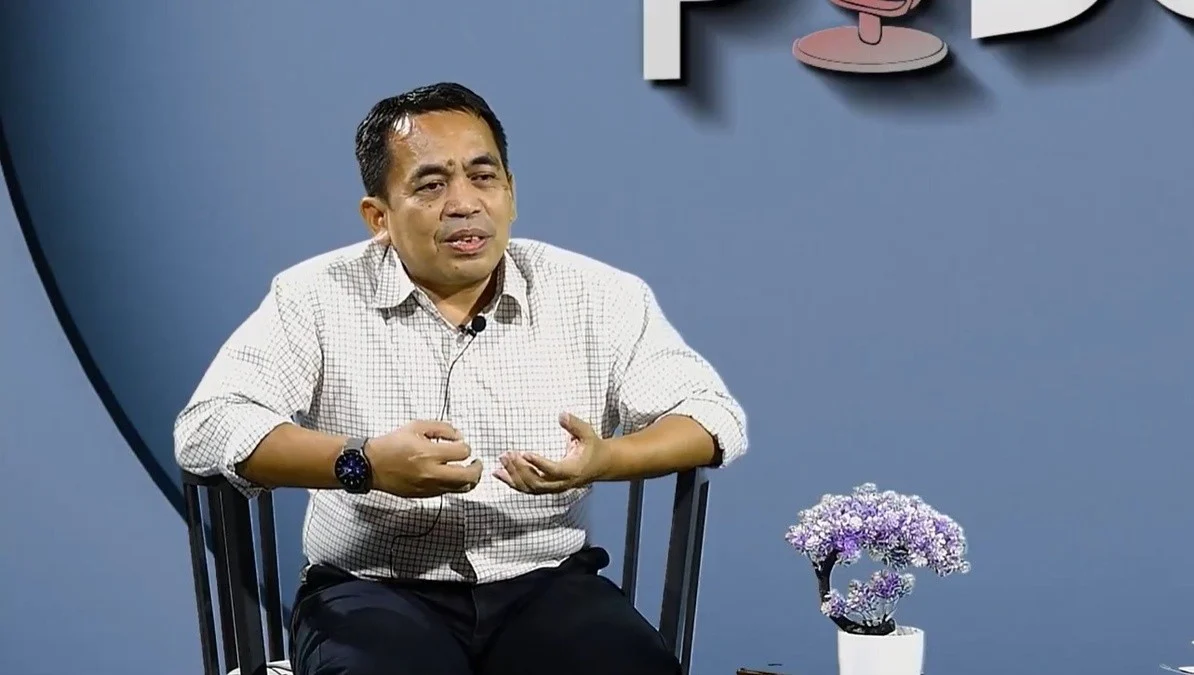UNDIP, Semarang (July 16, 2025) – Who would have thought that microscopic organisms like microalgae could hold the key to Indonesia’s future in food security, renewable energy, and environmental solutions? This groundbreaking innovation comes from Prof. Dr. Ir. Hadiyanto, S.T., M.Sc., IPU, an inspiring academic and researcher at Universitas Diponegoro (UNDIP), who has dedicated over a decade to exploring the world of microalgae.
Recognized as one of UNDIP’s seven scientists named among the “Top 2% Most Influential Scientists in the World” by Stanford University and Elsevier (2024), Prof. Hadi—his popular nickname—shared his academic journey from Wageningen University to his latest research endeavors at UNDIP. His focus is on microalgae, a fourth-generation biomass with the potential to address significant global challenges thanks to its ability to grow without arable land and its higher productivity compared to terrestrial crops.
In an exclusive UNDIP Podcast interview, Prof. Hadi recounted how his fascination with microalgae began during his master’s and doctoral studies at Wageningen University in the Netherlands, a world-renowned institution for agricultural and bioprocess sciences. There, he had the opportunity to learn directly from leading global researchers such as Prof. René Wijffels and Maria Barbosa, pioneers in the field of microalgae.
“I was fortunate to be mentored by them and dive deep into microalgae research,” said Prof. Hadiyanto. His interest grew stronger as he compared the limited development potential in the Netherlands’ temperate climate to the abundant sunlight and tropical climate of Indonesia. “Why aren’t we developing this in Indonesia?” he asked himself then.
Prof. Hadi’s research focuses on food and energy diversification, aligning with Indonesia’s ongoing concerns over food security. Microalgae, he explained, are not only a viable raw material for bioenergy, but also a rich source of alternative nutrition. With high concentrations of carbohydrates, fats, and proteins—up to 70% protein content—they can be processed into bioethanol, biodiesel, or protein sources for human consumption, making them a real alternative to conventional animal and plant proteins.
“With those three key components, we can produce a wide range of microalgae-based products,” he explained.
He chose microalgae for their vastly higher productivity than land-based crops like palm oil or corn. More importantly, microalgae cultivation doesn’t compete with food production because it grows in water, fresh or marine.
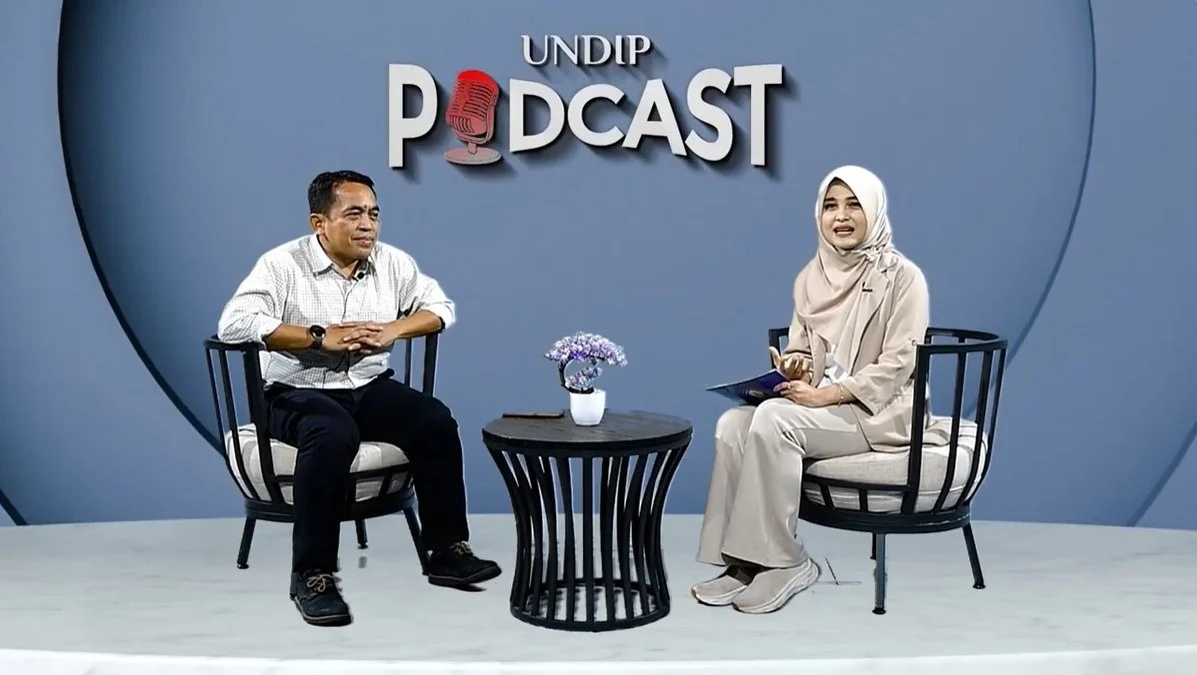
In 2012, Prof. Hadi founded the Center of Biomass and Renewable Energy (Biore) at Diponegoro University. The center not only promotes the development of microalgae for food and energy but also serves as a hub for student innovation. Several of his students have even gone on to establish microalgae-based startups, producing products such as spirulina for use in nutritional supplements and cosmetics.
The center of microalgae reflects how Prof. Hadi’s scientific innovation has gone beyond discoveries—it’s generating employment and fostering sustainable businesses.
His research also addresses critical environmental issues, particularly the remediation of microplastics. Together with his team, he developed a novel method using microalgae that is capable of producing glue-like polymers, which attract and bind microplastics, allowing them to be separated from water. “This innovation is highly relevant given the growing amount of microplastics in the environment, especially in aquatic systems, which can be harmful to marine life and humans,” he noted.
Prof. Hadi emphasized the need for interdisciplinary collaboration in research. He believes that real solutions can only emerge when scientists from various fields, including the social sciences, work together to explore public acceptance and the practical implementation of new technologies.
Looking ahead, Prof. Hadi plans to continue focusing on biomass, particularly given Indonesia’s identity as an agrarian country rich in biomass resources. He encourages the younger generation to take part in developing this potential for a better future.
“It all starts with curiosity and reading about what’s happening globally. Don’t just be followers—be innovators,” he urged. He hopes Indonesia will not only catch up with the world, but also lead with outstanding, inspiring innovations.
In addition to publishing in top-tier journals to contribute to the scientific community, Prof. Hadi stresses the importance of ensuring research has tangible benefits for society. His story demonstrates how innovation and collaboration can unlock Indonesia’s full potential. For the younger generation, he stands as a true inspiration, committed to sustainability, creativity, and a better future for food and energy. (Public Communication/ UNDIP/ DHW & Rona)


